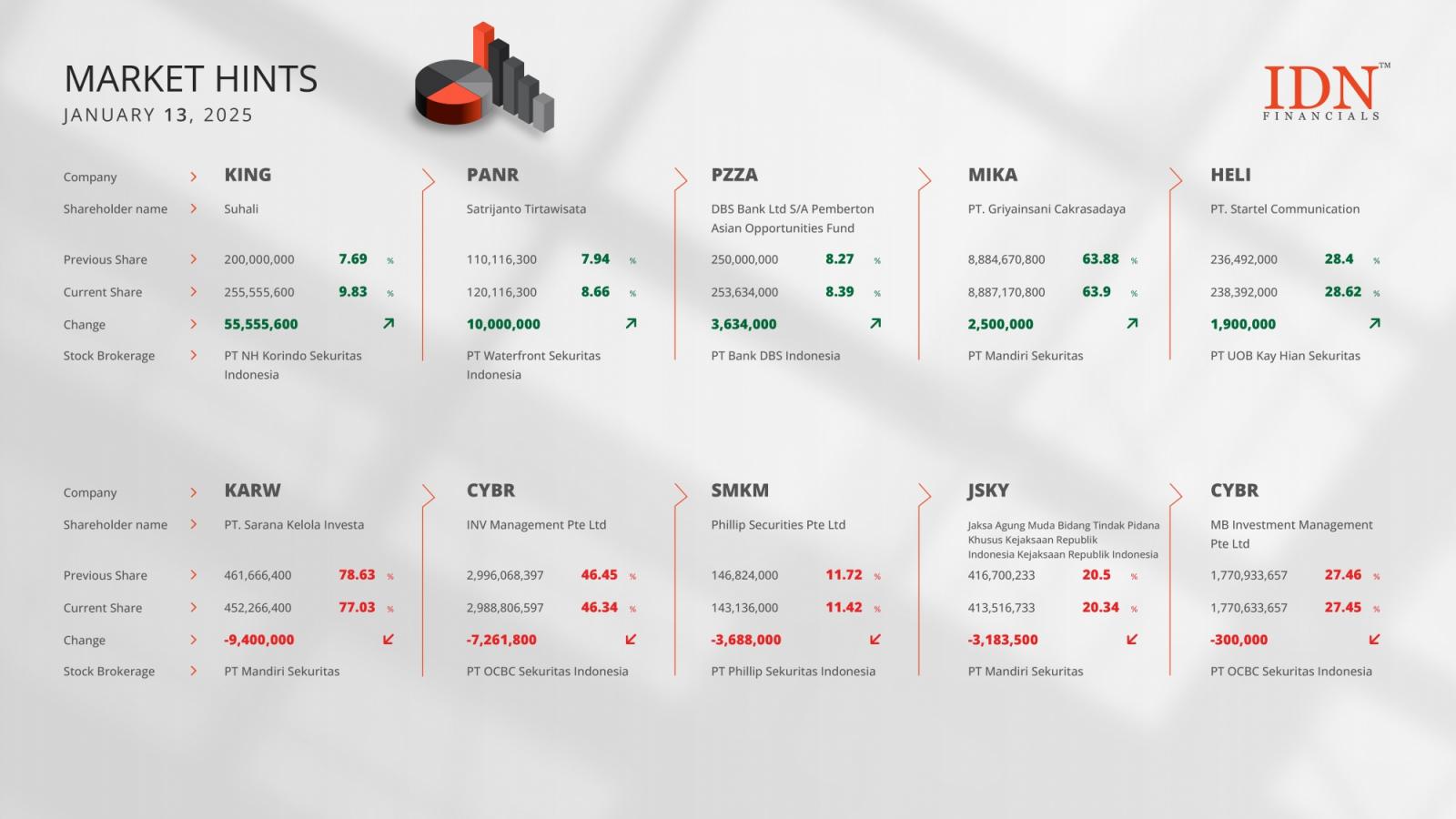
Vertex Pharmaceuticals Inc. (VRTX) announced Monday that inaxaplin (VX-147) has advanced into the Phase 3 portion of the global Phase 2/3 pivotal clinical trial in APOL1-mediated kidney disease (AMKD), where a 45 mg once daily oral dose will be compared to placebo, on top of standard of care.
The clinical trial is designed to assess the impact of inaxaplin on kidney function and proteinuria for people living with proteinuric kidney disease mediated by two variants in the APOL1 gene, known as AMKD.
In addition, the trial has been expanded to include adolescents with AMKD ages 10 to 17 years.
Previously reported Phase 2a proof-of-concept data demonstrated that inaxaplin led to a statistically significant and clinically meaningful mean reduction in the urine protein to creatinine ratio (UPCR) of 47.6% at 13 weeks of treatment compared to baseline, providing the first clinical evidence that an oral small molecule APOL1 inhibitor can decrease proteinuria in people with AMKD.
An Independent Data Monitoring Committee (IDMC) recommended the selection of a single inaxaplin dose of 45 mg once daily in the Phase 3 portion of the Phase 2/3 study. The IDMC also recommended enrolling adolescents with AMKD ages 10 to 17 years in the Phase 3 portion of the study.
The U.S. Food and Drug Administration (FDA) has granted inaxaplin Rare Pediatric Disease Designation (RPD) and Breakthrough Therapy Designation (BTD) for APOL1-mediated focal segmental glomerulosclerosis (FSGS).
The European Medicines Agency (EMA) has also granted inaxaplin Priority Medicines (PRIME) and Orphan Drug designations for AMKD.





